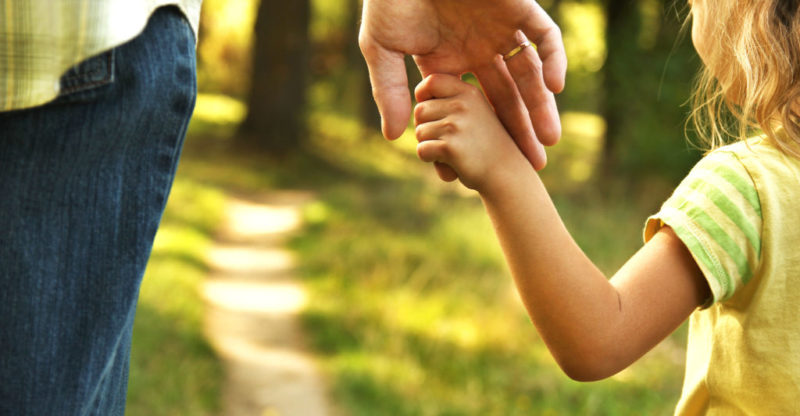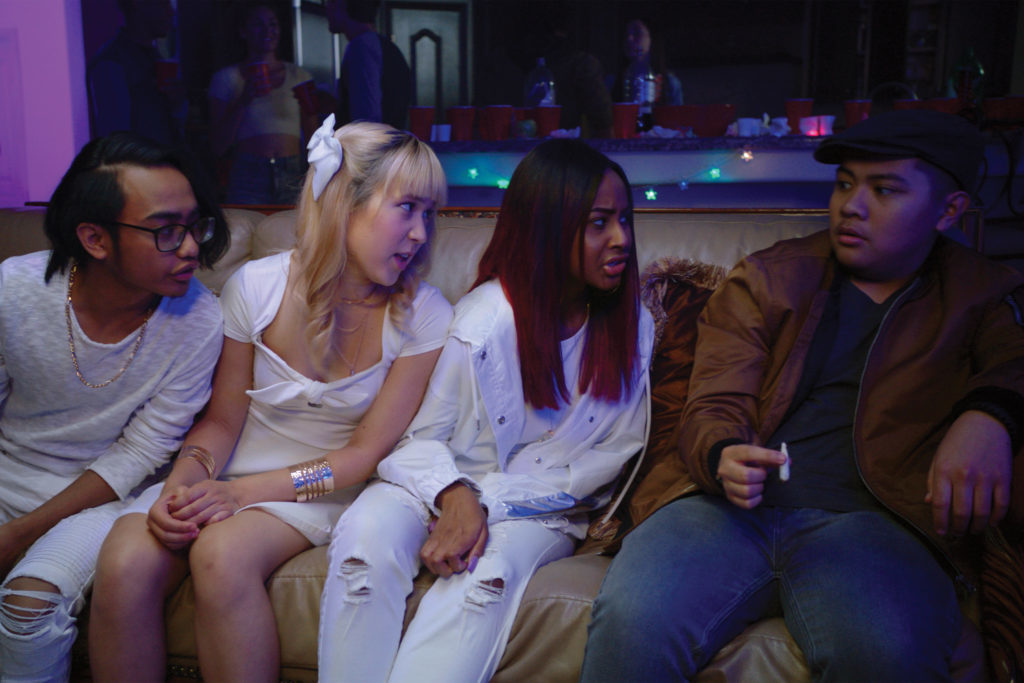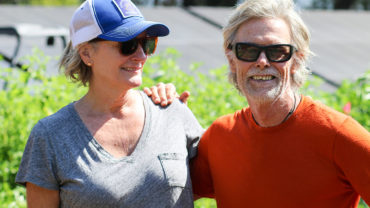Alyssa Rose started using cannabis to improve her appetite after struggling with an eating disorder, and to wean herself from high doses of prescribed Prozac when she was a teen. Today, the 34-year-old Sonoma County resident says she uses a hybrid of CBD and THC in a vape pen to quell anxiety and aid sleep.
Jeff Davidson, an East Bay resident, uses cannabis in a variety of forms, from smoking to edibles to topical creams and salves for chronic pain. The 36-year-old construction worker began using cannabis on a daily basis in 2010. Davidson says it helped him quit pain medication prescribed for a work-related back injury. He says using cannabis has improved his quality of life.
“It is my belief that anything that betters the quality of life is medicinal. People use pharmaceuticals for depression, anxiety, you name it. That is medicine,” says Davidson. “I use cannabis and it makes me feel better. That is medicinal, in my belief.”
Rose and Davidson are just two of an estimated 55 million adults who use cannabis in the United States. They are also both parents of young children.
According to a 2017 Yahoo News and Marist Poll, 30 percent of adult cannabis users are parents with children under the age of 18. With shifting public opinion and mounting research into potential health benefits of cannabis, those numbers may well continue to grow. Some parents are having open conversations with children about a plant that was once — and in many places still is — highly stigmatized.

“I approach cannabis in the same way that I approach alcohol in the way I talk to my child about it,” says Alyssa Rose. Photo by Jessamyn Harris.
“I approach cannabis in the same way that I approach alcohol in the way that I talk to my child about it. In fact, I probably have talked to him more about cannabis use than alcohol because in our household there really isn’t any alcohol consumed,” says Rose. “He doesn’t know that I smoke marijuana, but he is aware of it, and what it means, and what I think of it.”
Rose says she only uses cannabis at night (and primarily in vape form) after her 7-year old son goes to bed. She says that he isn’t aware that she uses it, mostly because she and her husband have framed cigarette smoking in such a negative light; she is worried her son would be upset about the smoking aspect of it. She purchased a children’s book, “It’s Just a Plant” as a resource for her son to learn more about cannabis.
“[The book] even addresses racial profiling with cannabis use and people protesting for their rights to use it. It approaches it in a very not scary way,” says Rose.
Davidson is the father of two children, ages 8 and 11. He says his daughters first became aware of cannabis six years ago when he started growing his own plants to make a variety of medicine for himself, his wife (for migraines and cramps) and friends. One of his homemade products is cannabis-infused coconut oil, which he uses in topical creams, bath bombs and capsules for ingestion.
“I have helped people ease [symptoms from] MS, skin conditions, arthritis, tendonitis, nerve pain and many other ailments,” he says.
Like Rose, Davidson has talked to his children about cannabis but refrains from using it in front of them. While both parents agree that legalization is a positive move, they say the stigma attached to cannabis still stops them from encouraging their children to be open about what they learn at home. That’s been especially true for Davidson, who cultivates marijuana at home.
“The more and more acceptable and legal it is, is kind of odd. I mean, I want to share the benefits and magic of this plant and how helpful it can be,” says Davidson. “But [there is] also the old-school mindset of ‘tell no one’ for safety, so we just keep it to ourselves and don’t talk about it.”
“Not everybody feels comfortable with children talking about cannabis the same way they talk about a beer,” says Rose.
Rose points to the numerous “Wine Mom” memes on social media for a study in contrast. California sells more than 230 million cases of wine each year. A good share of those consumers are parents.
“If I was to post a ‘High Mom’ meme, that’s a whole different thing and different connotation. Yet for me it’s the same thing,” Rose says.
Still, both parents claim that regular cannabis use helps them to be better parents. Davidson and Rose say they will continue talking about their personal cannabis use with their children as they grow older and continue to ask questions.
“Honestly, the garden is my therapy. Going out and tending the garden after a stressful day, it’s like the weight is all lifted off my shoulders. [I am a] happier person as a whole, which affects how I am as a father.”









